Water Colors (Tamar Muskal)
Tamar Muskal
view composer page

Duration:
6-10 minutes
09:00
Year Written:
2010
Instrumentation:
piccolo,2 flutes,2 oboes,English horn,2 clarinets,bass clarinet,2 bassoons,contrabassoon,4 horns,3 trumpets,2 trombones,bass trombone,tuba,timpani,3 percussion,harp,piano,strings
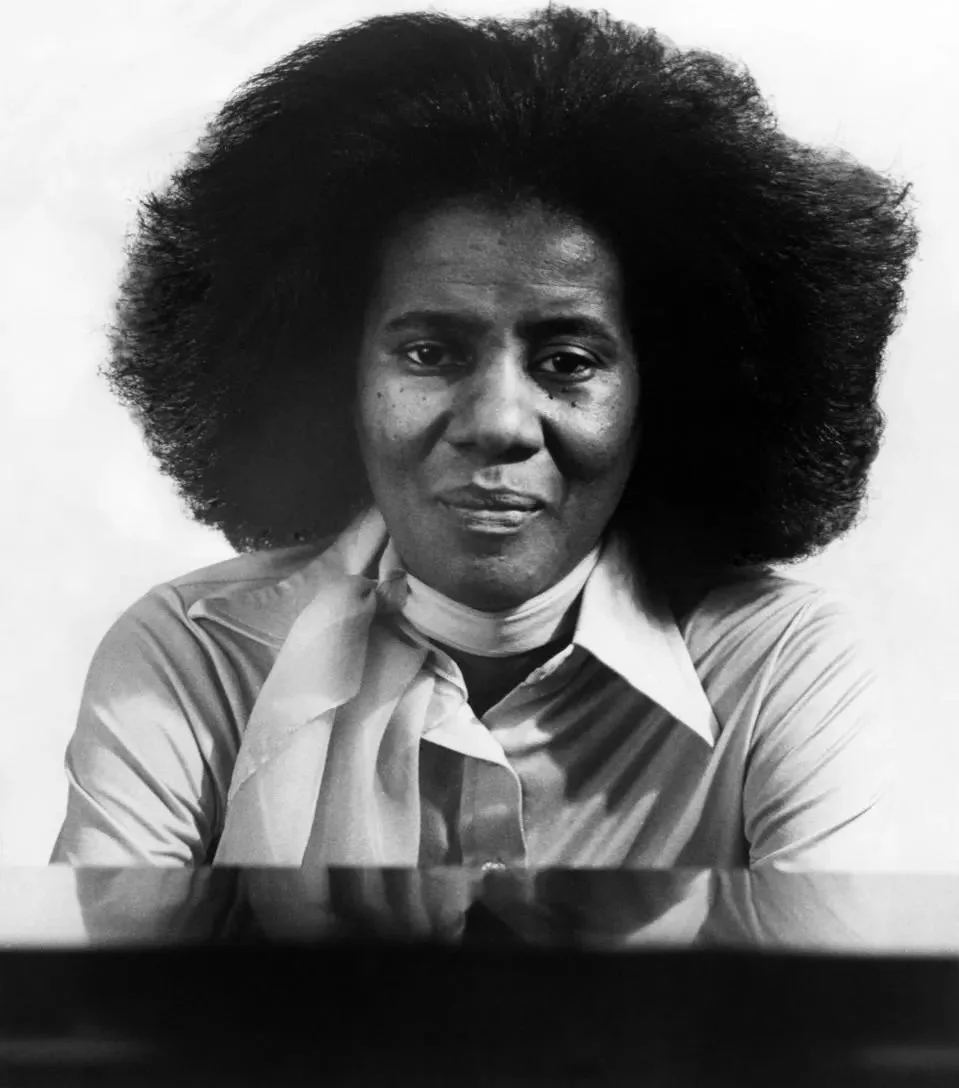
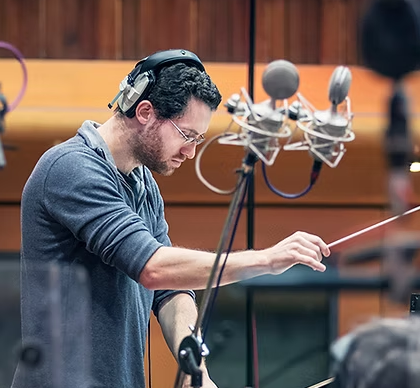

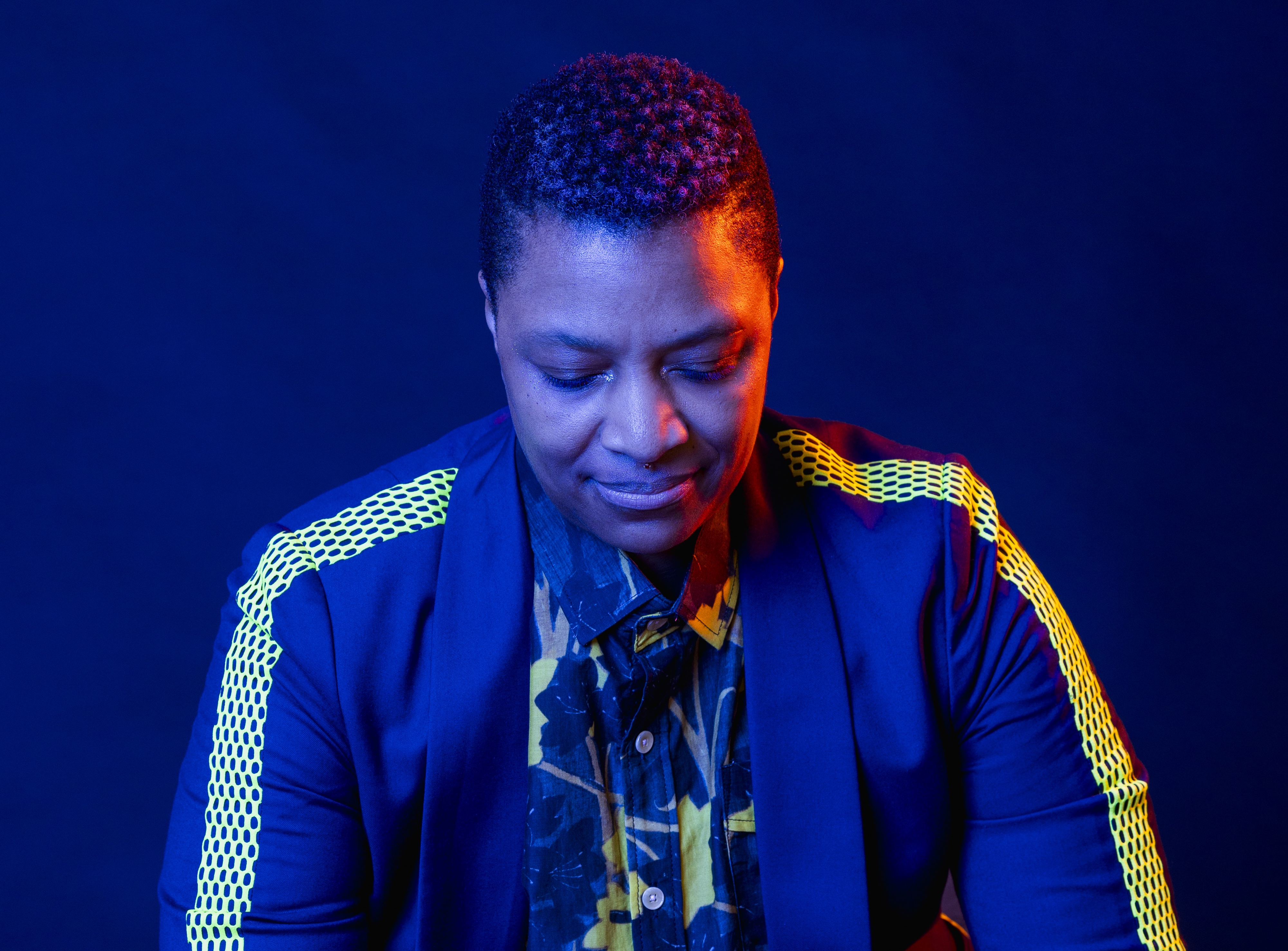


















































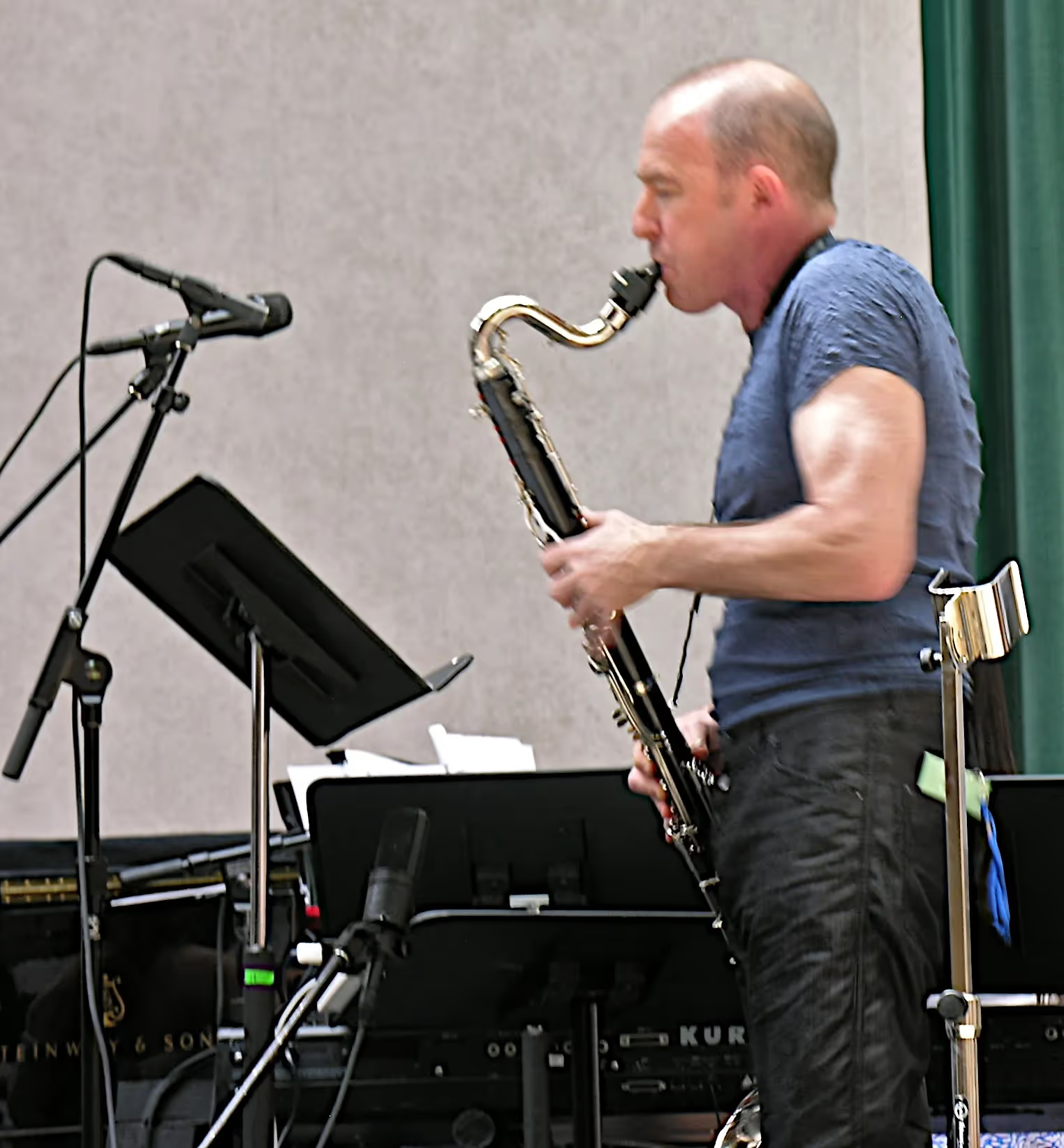
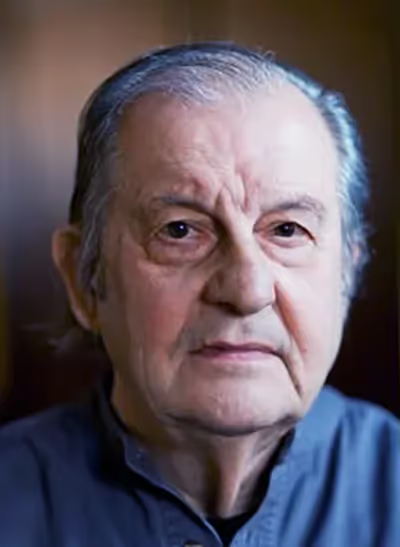

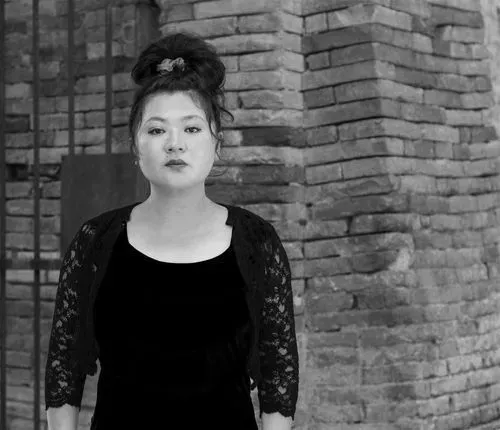
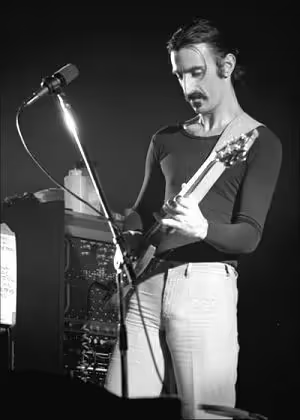
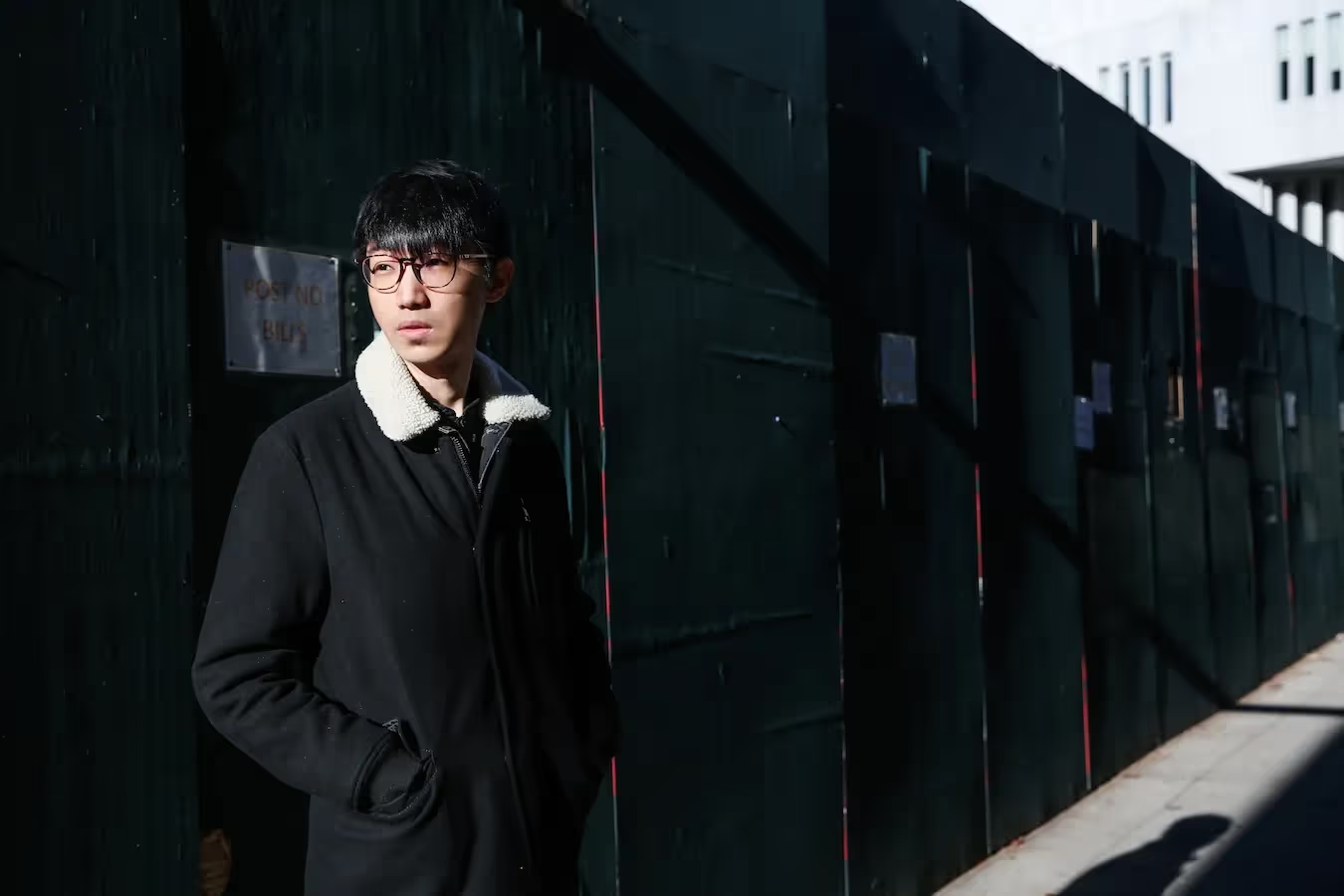








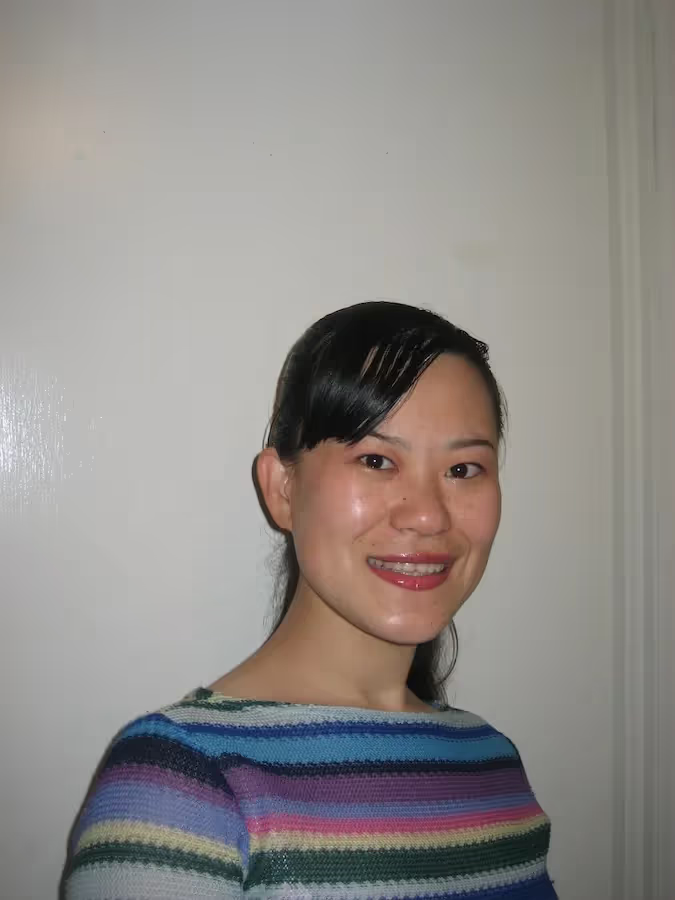
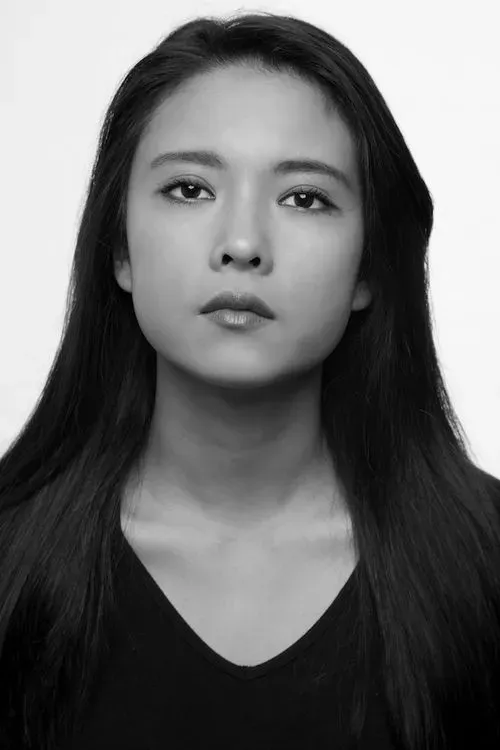

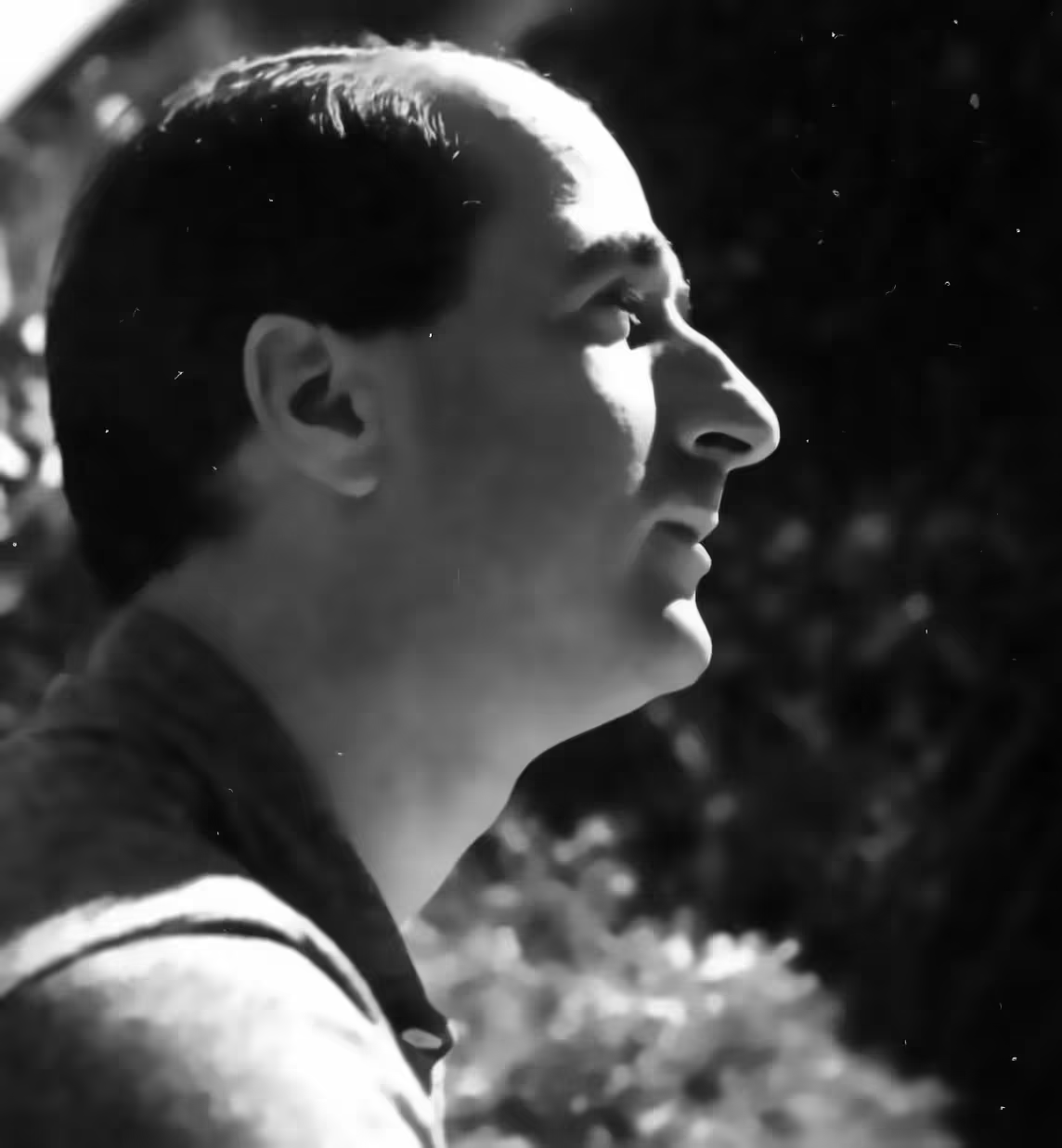
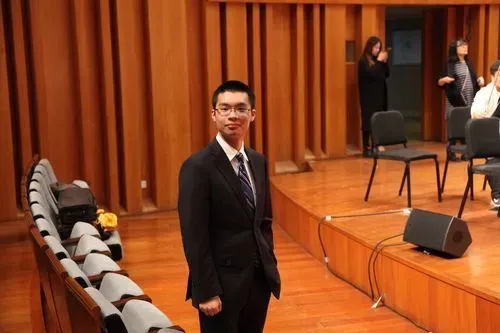
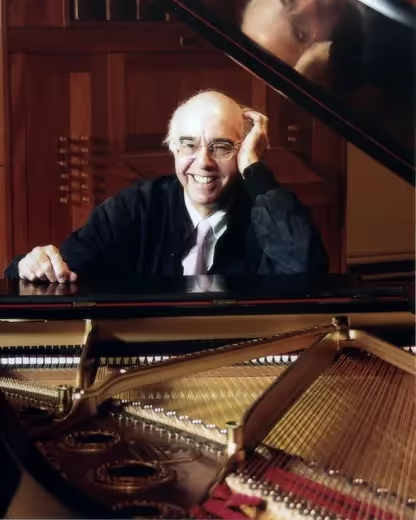


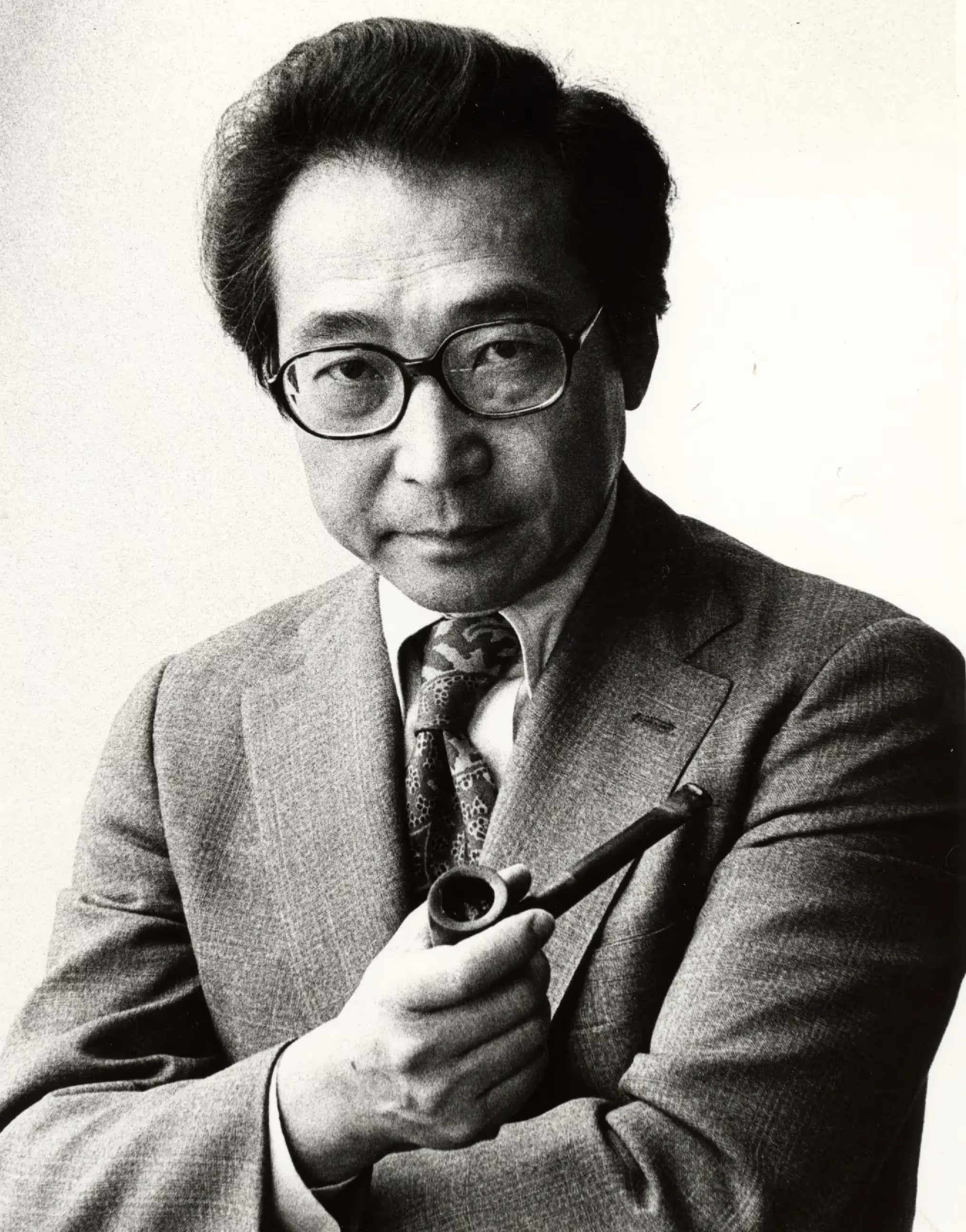

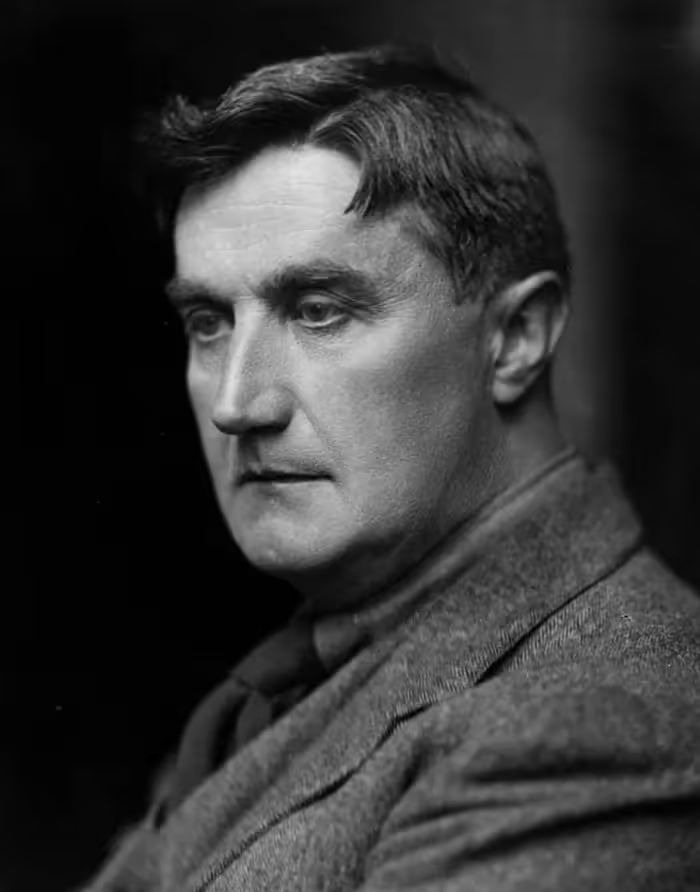
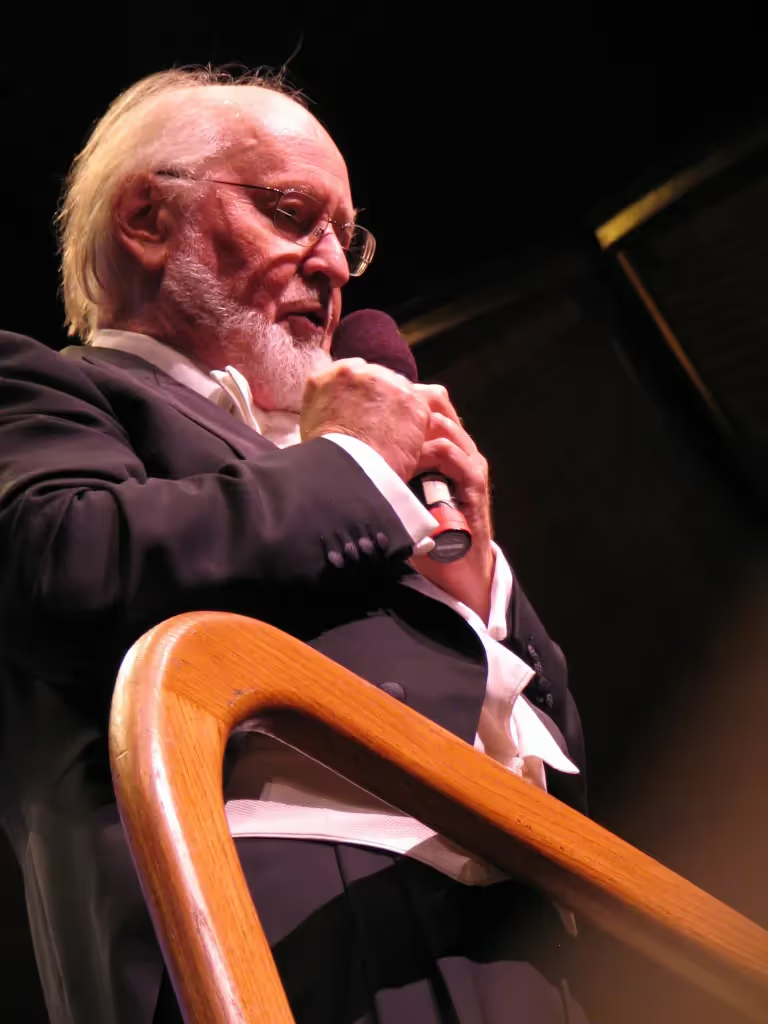
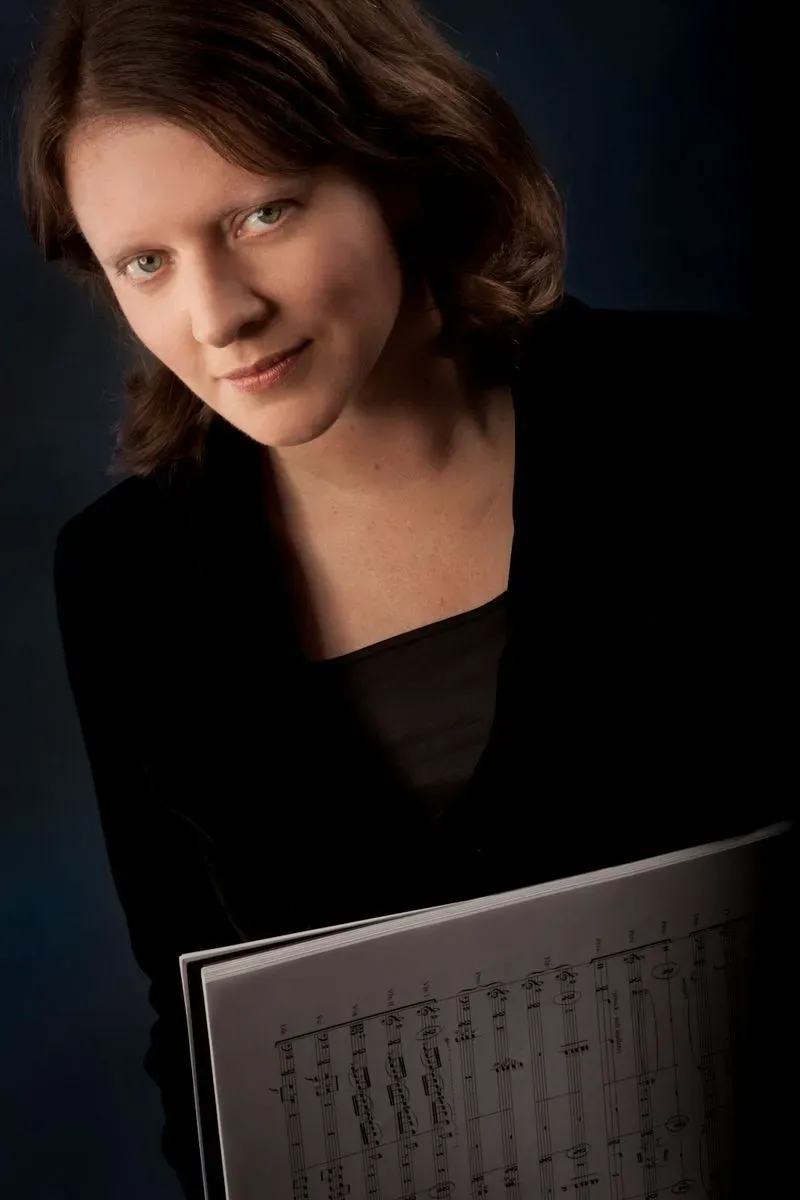

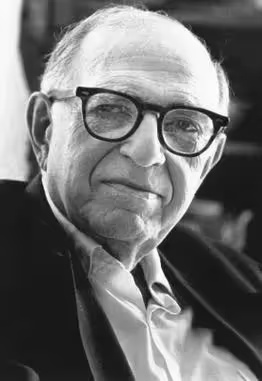

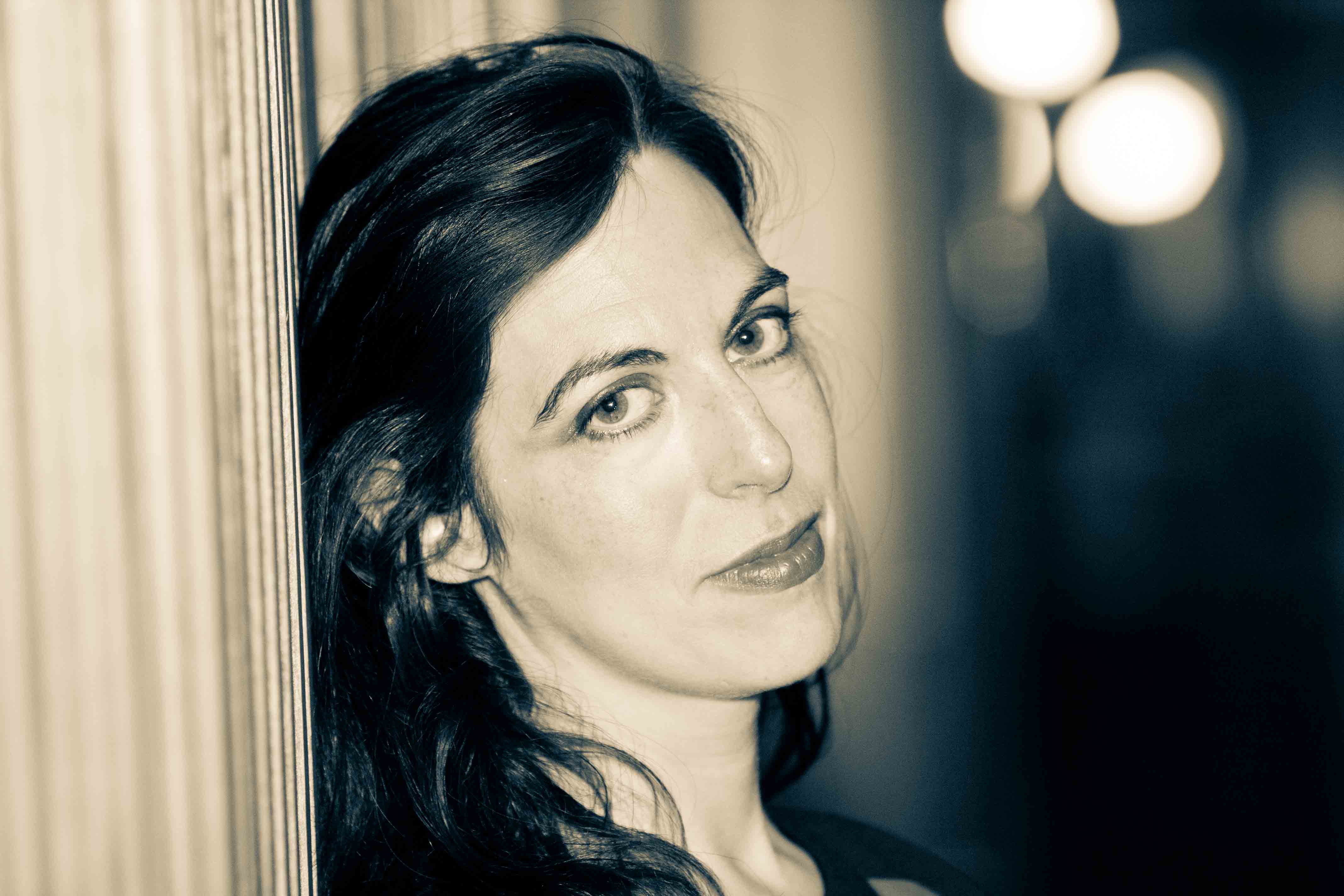






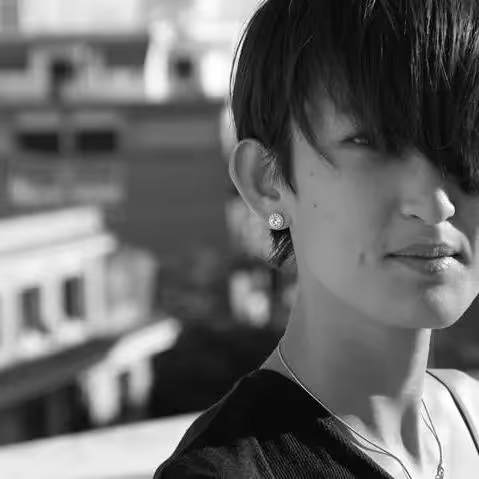
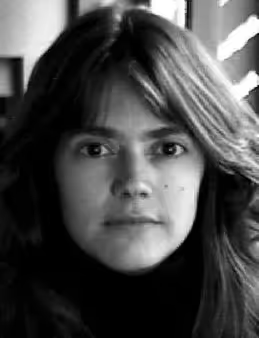

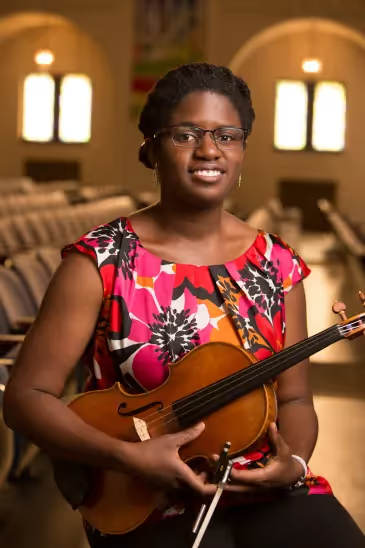
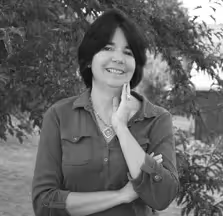
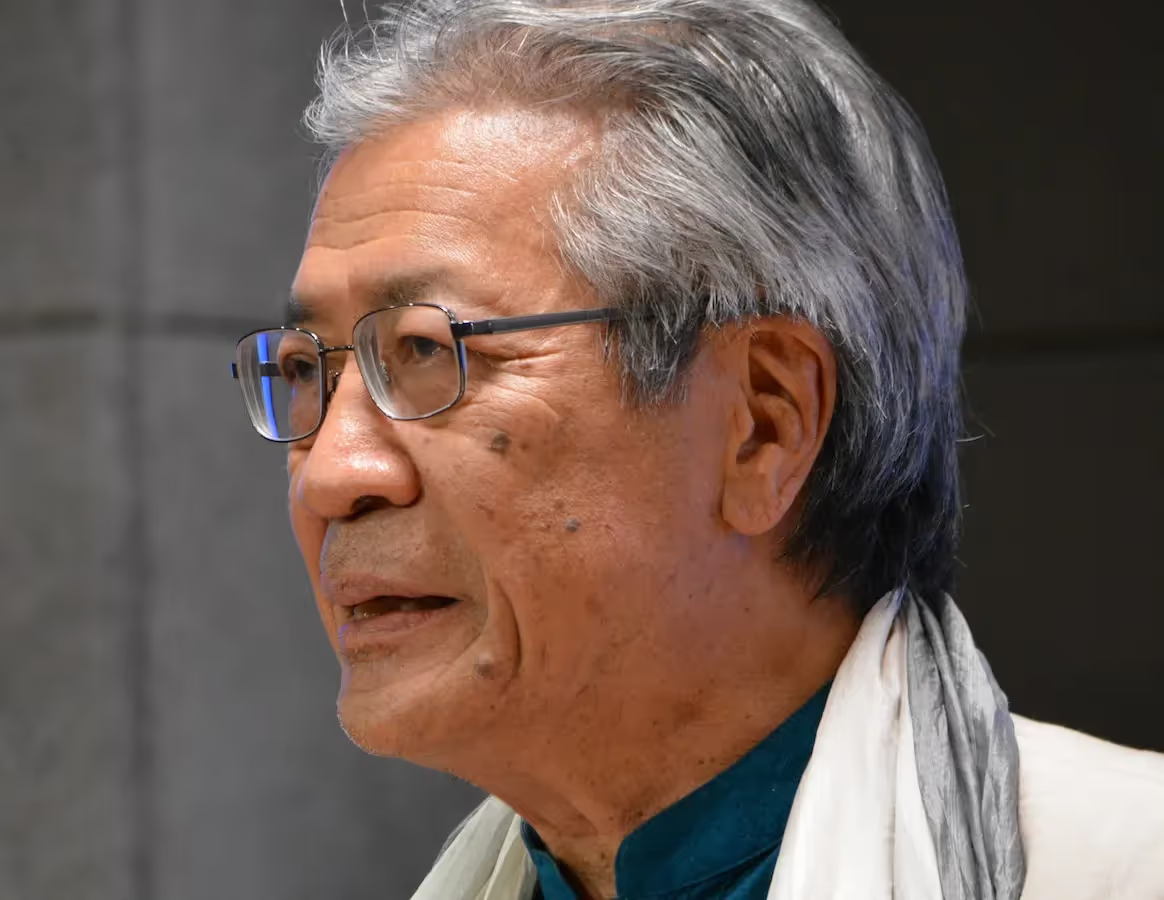
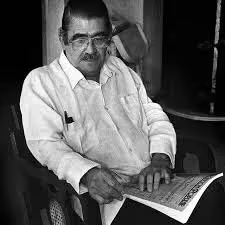


More information about this work please fill out the form below.
Thank you! Your submission has been received!
Oops! Something went wrong while submitting the form.
Water Colors, for orchestra is inspired by the act and art of painting. The piece is based on two alternate themes: the first is played by the strings section and occasionally is accompanied by chords in the piano and harp. Like a painter who lets his brush move freely on the canvas, the melodic line moves freely up and down. The melody is pretty mellow, nothing about its rhythm, dynamic or intervals is too expressive or dramatic.
The second theme is in complete contrast, it is very rhythmic, loud and played by the brass section.
From time to time, between the two themes' appearance, there is a phrase that is divided between the entire orchestra which consists of a series of ascending and descending broken major triads.
The piece has three main sections, the first section contains the two themes that appear alternately a number of times. In the second section the order and organization that characterized the first section are now falling apart, the meter is not steady, the harmonic and melodic directions are not clear and the entire orchestra joins its forces together to create five big, loud and dramatic outbreaks. In this chaos, the first theme "finds" its way out, while the chaotic atmosphere dies, and that theme takes us to the third and last section which is based on the ascending/descending broken triads. The excitement is elevated and reaches a big climatic point at the end of the piece.
The second theme is in complete contrast, it is very rhythmic, loud and played by the brass section.
From time to time, between the two themes' appearance, there is a phrase that is divided between the entire orchestra which consists of a series of ascending and descending broken major triads.
The piece has three main sections, the first section contains the two themes that appear alternately a number of times. In the second section the order and organization that characterized the first section are now falling apart, the meter is not steady, the harmonic and melodic directions are not clear and the entire orchestra joins its forces together to create five big, loud and dramatic outbreaks. In this chaos, the first theme "finds" its way out, while the chaotic atmosphere dies, and that theme takes us to the third and last section which is based on the ascending/descending broken triads. The excitement is elevated and reaches a big climatic point at the end of the piece.
Recordings
No recordings found.
ACO PERFORMANCES
19th Underwood New Music Readings (2009-2010)
Recording
Journey
Neither man nor money validate my worth
Water Sings Fire - Excerpt
The Winter that United Us
Song of the Flaming Phoenix: Symphonic Poem for Sheng and Orchestra by Fang Man
Words for Departure for choir and orchestra by Hilary Purrington
No Thing Lives to Itself by Robin Holcomb
Red Dirt | Silver Rain (excerpt)
Bolero/Bachata from Tumbao
"Tumbao" Movement 1 "Salsa"
Yvette Janine Jackson Interview with Garrett McQueen
Mark Adamo + Jeffrey Zeigler in conversation with Garrett McQueen
Weathering by George Lewis
Lisa Bielawa: Sanctuary, Violin Concerto. mvt 3
Lisa Bielawa, Sanctuary, Violin Concerto mvt 2
Lisa Bielawa, Sanctuary, Violin Concerto mvt 1
Prophecy in Reverse by Paula Matthusen
Invisible Portals by Dai Wei
Tuxedo: Vasco 'de' Gama (2020) by Hannah Kendall
Restless Oceans by Anna Clyne
Viet Cuong + Victor Caccese of Sandbox Percussion in conversation with Garrett McQueen
Hello, Tomorrow! - Yvette Janine Jackson
Interview with Guillermo Klein
Chrystal E. Williams & Felipe Hostins in Conversation with Loki Karuna
Rei Hotoda in Conversation with Curtis Stewart
Kaki King and D. J. Sparr in Conversation with Curtis Stewart
Kaki King /D J Sparr - The Divided Mind from Modern Yesterdays
Kaki King - Puzzle Me You from Modern Yesterdays
Kaki King - Can’t Touch This or That or You or My Face from Modern Yesterdays
Kaki King - God Child from Modern Yesterdays
Materia Prima by Carlos Bandera
Floodplain by Ellen Reid
Fate Now Conquers by Carlos Simon
Her Land, Expanded by Tonia Ko
Right Now - John Glover/Kelley Rourke
Lowak Shoppala' (Clans) by Jerod Tate
Jazz Symphony by George Antheil
Spirituals for String Orchestra: 10. Homage To Ravel (An Arrangement of “Balm in Gilead”) by Steven R. Gerber
Frailejón by Samuel Torres
Demografía acústica: % / Acoustic Demography: % by Sofía Scheps
Dirty Ice by Madeline Merwin
Kaleidoscope by Eunsung Kim
Statements- a journal entry by Malachi Brown
After the Freeze by Anuj Bhutani
Hommage à Khāleqī by Daniel Sabzgabaei
Mimi's Song by Amy Nam
Gia Đình by Oswald Huỳnh
Rencontres by Brittany J Green
I forgot to say good morning today by Henry Dorn
Feast of Particles by Younje Cho
Fetters by Yuqin Strucky Yi
Increment by Will Stackpole
Restrung by Tommy Dougherty
Ashes and Embers by Yuting Tan
Wraith Weight by Elijah Smith
Bolghar by Adeliia Faizullina
Persephone by Patrick Holcomb
Tomas Peire Serrate: Rauxa
Lowak Shoppala' (Clans) by Jerod Tate
Right Now by John Glover & Kelley Rourke
Fate Now Conquers by Carlos Simon
Carlos Simon in Conversation with Garrett McQueen


